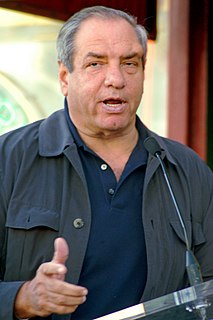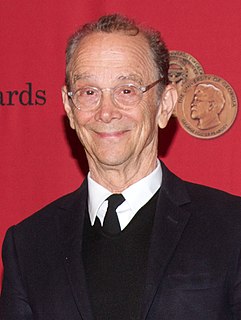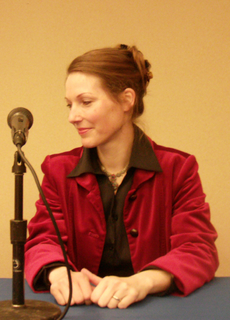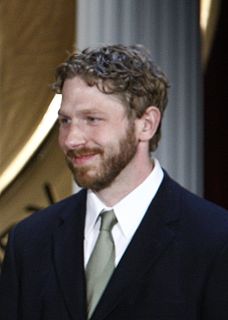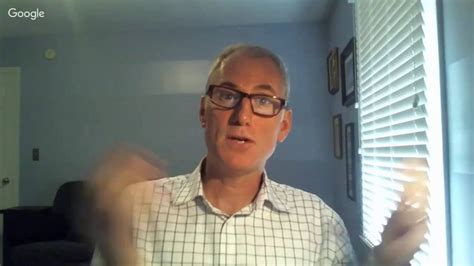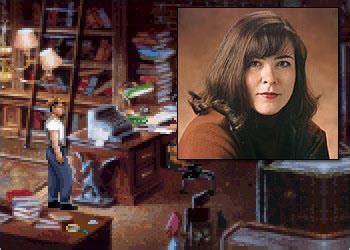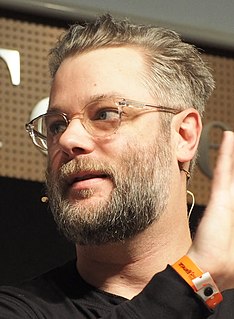A Quote by Dick Wolf
The story drove the book. That had a very seminal effect on the way I saw writing and storytelling. If you can set a character in a story that is compelling and has a backbone, you draw people in.
Related Quotes
'Divergent' was my utopian world. I mean, that wasn't the plan. I never even set out to write dystopian fiction, that's just what I had when I was finished. At the beginning, I was just writing about a place I found interesting and a character with a compelling story, and as I began to build the world, I realized that it was my utopia.
I always knew from the beginning that this was the only way to write Then We Came To The End - that it had to be in first - person plural if it was going to illustrate how the individual becomes part of the collective. I had no interest in writing the book in a more conventional voice. It goes back to that fascination I had with telling a story in multiple ways. It was the only choice I gave myself, really - I said "This is it, pal. If you can't tell a story this way, you're going to have to abandon the book. Write it this way or give up."
I had no intention of replacing Arnold [Schwarzenegger]. There were a few things that made me want to do the movie. They were the script which had a different direction to it, and it was a chance to do a very different Quaid. I didn't read the short story until I went to college.Reading the story had a different effect on me of how I pictured him to be and the tone of the story was different. In the story, he's a bit more of an everyman.
A dream inspiring a story is different than placing a description of a dream in a story. When you describe a character's dream, it has to be sharper than reality in some way, and more meaningful. It has to somehow speak to plot, character, and all the rest. If you're writing something fantastical, it can be a really deadly choice because your story already has elements that can seem dreamlike.
I went to a seminar early in my career on the craft of storytelling by Robert McKee. It was really life altering. There are basic principles on how to craft an engaging story and he covers them well. He's got a book out, 'Story,' that I would highly recommend to anyone interested in improve their storytelling.
Every story is flawed, every story is subject to change. Even after it is set down to print, between covers of a book, a story is not immune to alteration. People can go on telling it in their own way, remembering it the way they want. And in each telling the ending may change, or even the beginning. Inevitably, in some cases it will be worse, and in others it just might be better. A story, after all, does not only belong to the one who is telling it. It belongs, in equal measure, to the one who is listening.
If the point of life is the same as the point of a story, the point of life is character transformation. If I got any comfort as I set out on my first story, it was that in nearly every story, the protagonist is transformed. He's a jerk at the beginning and nice at the end, or a coward at the beginning and brave at the end. If the character doesn't change, the story hasn't happened yet. And if story is derived from real life, if story is just condensed version of life then life itself may be designed to change us so that we evolve from one kind of person to another.
